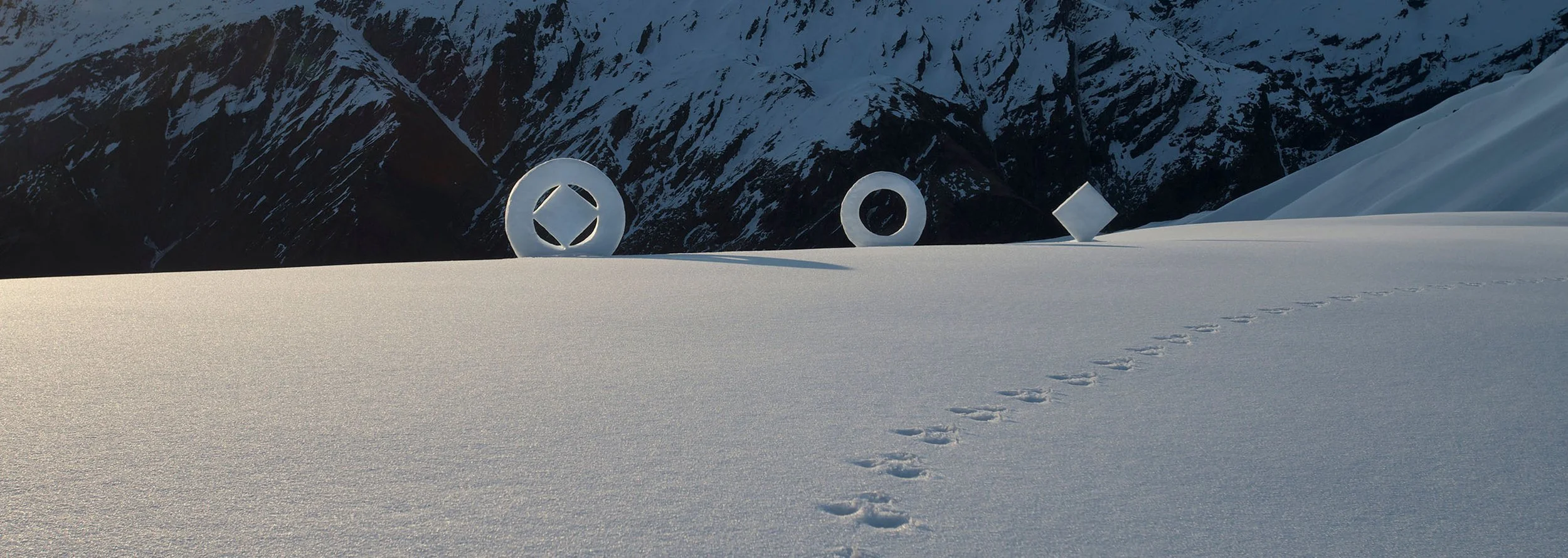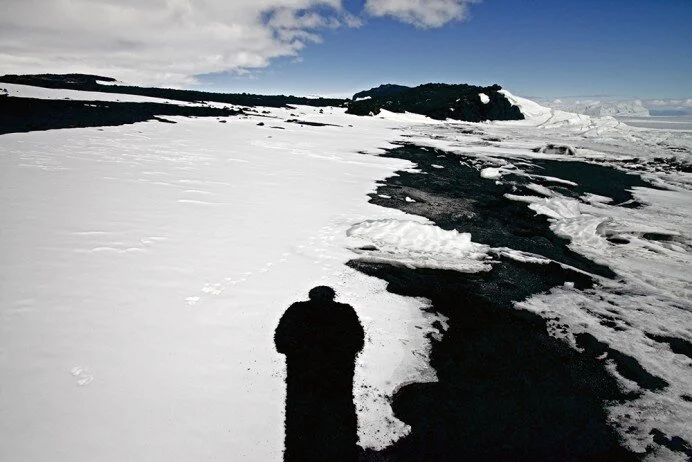ArtBio Brazil - an interview
ArtBio is a Brazilian web based nonprofit organisation that develops science communication projects and promotes cultural and educational activities to share knowledge through art. The interview below is one of a series titled Antropocena in which contemporary artists and researchers discuss the marks of human activity on Earth and rethink the ways of humanity.
ArtBio: The famous phrase of Lavousier "In nature nothing is created, nothing is lost, everything changes" is perhaps the best definition of the cyclical processes of nature. These days, where does humanity fit in these processes?
Martin Hill: Humanity is intimately part of nature. Humans are animals with large brains and it has given us an advantage over all other species to over exploit our ecological niche, which we have, during the past few hundred years, expanded to include the whole biosphere.Since nature operates cyclically in a closed system with only sunlight added, humans must either abide by the same cyclical operating principles or destroy the natural systems on which we rely with our linear systems. At present the human ecological footprint is outstripping ecological resources by a factor of three.
ArtBio: Your striking sculptures are almost always ephemeral, produced with ice, branches, leaves, sticks and stones, and installed in sparsely populated areas. The photograph allows immortalisation of your work, seen in person by few. In a world where we are all photographers from social networks, in your opinion, what is the main role of photography?
Martin Hill: I use photography in my art practice to document my ephemeral sculptures. I believe photography is a communication medium through which artists can express ideas and emotions that cannot be communicated as well by other mediums. Although the camera can lie, it has the ability to document reality and show us ourselves and our relationships with each other and nature in the most powerful ways in the hands of a good photographer. Now that photography has come to be placed in the hands of us all, to access its power we must be more responsible, more creative and more discerning in making images and in viewing them.
ArtBio: A recent survey conducted by Ibope at the request of WWF, indicates that, for 58% of Brazilians, the natural wealth of Brazil is the biggest reason of national pride. At the same time, of 10 respondents, eight consider that nature is not adequately protected. However, environmental issues are left out of electoral debates and some influential people think that environmentalists are fanatics who exchange facts for beliefs. What do you think about that?
Martin Hill: The general public is obviously concerned about the environment and the ecological destruction it is witnessing. If this is left out of political debates it is because the rich elite with vested interest in the industries that are causing the destruction are allowed the power to influence the debate. In many cases around the world these vested interests misrepresent scientific facts and deny the damaging effects of their industries on ecology, people and climate. The extractive industries are clever at misrepresenting the need for ecological and climate protection by denying scientific facts in favour of their non scientific beliefs.


